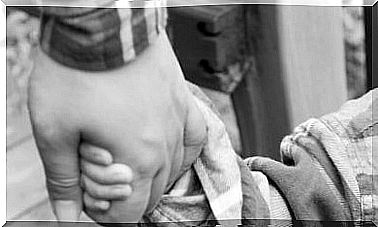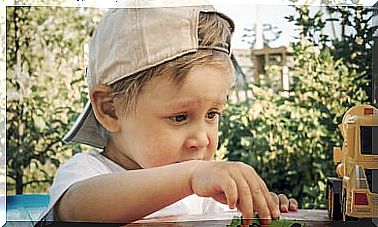How Are The Baby’s First Vaccines
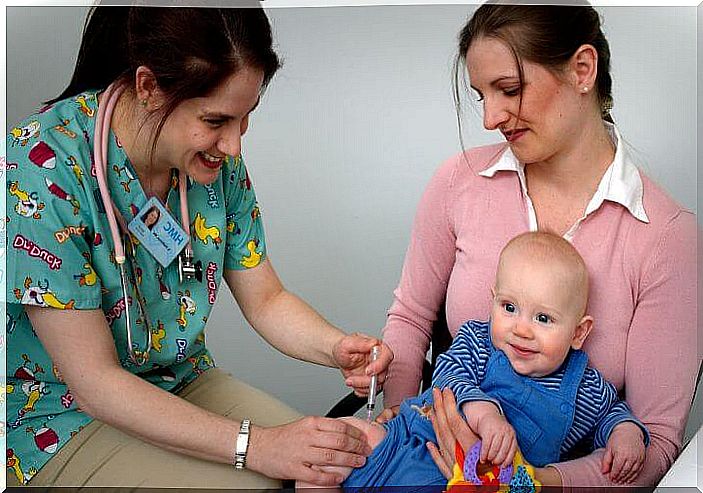
With the arrival of a baby to the world, pediatric controls also arrive to know their health status from the first 15 days. But it is not until the 2-month checkup that the baby’s first shots are given.
It is normal that when vaccines begin we feel uneasy ; We know that they are going to prick him, they will hurt him and it is not a dish of good taste to see his little one crying. But baby vaccinations are very necessary for their health and it is very important that you do not get nervous and facilitate the process to the nurse in charge of vaccinating your child.
How do vaccines work?
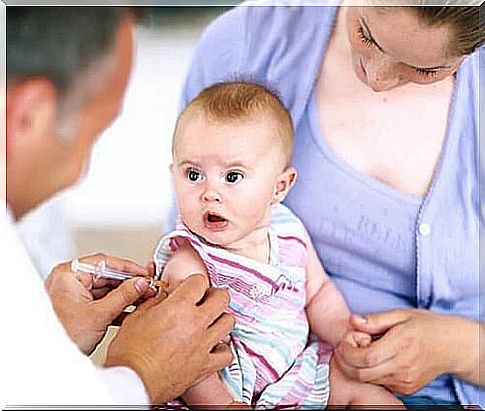
Vaccines are weakened or “killed” bacteria and viruses that cause disease. When these are injected into the body or taken orally, the immune system prepares itself to make antibodies that fight the disease that has been vaccinated.
When antibodies are produced, they are active in the body. If the child is ever exposed to the actual disease for which they have been vaccinated, the antibodies would be ready to deal with it.
If a vaccinated child contracts the disease, the symptoms are much milder and the possible complications are much less.
What are the vaccines to be given to the baby?
At 2 months
- HB (hepatitis B)
- DTPa (Diphtheria, Tetanus and Pertussis)
- VPI (Poliomyelitis)
- VNC (Pneumococcus, pneumonia)
- Hib (Influenzae B, flu)
- Men B (Meningococcus B, optional vaccine, does not fall within the calendar covered by the State)
- RV (Rotavirus that causes gastroenteritis, optional vaccine, not covered by the State)
At 4 months
All of the above plus Men C (Meningococcus C, meningitis)
At 6 months
- Men B (Meningococcus B, optional vaccine, does not fall within the calendar covered by the State)
- RV (Rotavirus that causes gastroenteritis, optional vaccine, not covered by the State)
At 11 – 12 months
- HB (hepatitis B)
- DTPa (Diphtheria, Tetanus and Pertussis)
- VPI (Poliomyelitis)
- VNC (Pneumococcus)
- Hib (Influenzae B, flu)
At 12 – 15 months
- VNC (Pneumococcus)
- Men C (Meningococcus C)
- SRP (Measles, Rubella and Mumps)
- Var (Chickenpox, not covered by the state, paid by parents)
- Men B (Meningococcus B, paid by parents)
With so much vaccine, do you have to prick him many times?
In most of the autonomous communities, an attempt is made to reduce the number of punctures by including several vaccines in just one. The hexavalent vaccine includes (HB, DTPa, VPI and Hib).
If you have to give him several pricks they will summon you another day so as not to puncture him many times.
What do I have to do after the puncture?
You must wait at least 20 minutes near the health center, in case your child suffers an allergic reaction. Take your child and show him your love and affection.
If you give him the rotavirus vaccine, which is oral, wait 15-20 minutes before feeding him.
What side effects can vaccines cause?
Between 15 and 20% of children who are vaccinated may experience a rise in temperature and remain low-grade. 2% of those vaccinated can reach 39ºC. It is recommended to give the child some antipyretic, paracetamol.
There are pediatricians who recommend it as a preventive after vaccination, but it has been seen that it is not a recommended measure since it could decrease the immune response to the vaccine. For this reason it is better to give it if there is already a fever.
Also usual irritability and localized pain and swelling in the area where you put the pinch. You can apply cold to that area and especially care and give a lot of love when the baby cries.
Do the baby’s vaccines protect him from these diseases?
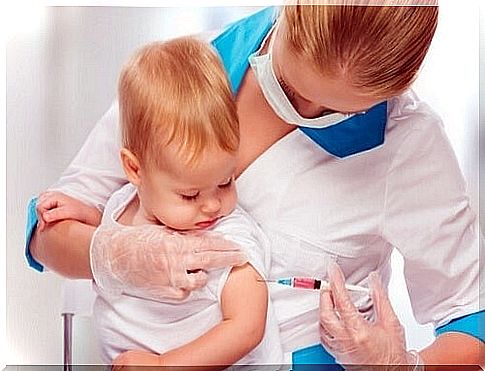
The answer to this question is a “it depends.” Baby vaccinations are not infallible and it may be that the child can catch this disease despite being vaccinated. It will depend on your immune system, the number of doses, etc. Despite that, if they did catch the disease, it would be less serious. Children who are most at risk of being infected are those who have fewer doses of the same vaccine.
For this, vaccination coverage must also be taken into account, which is the percentage of children who are vaccinated for the same disease. The more children vaccinated, the risk of contracting the disease is much lower than if the percentage of vaccinated children is low.
You already have information about what the baby’s first vaccinations are like. It is important that you vaccinate your children, it is their health that is at stake. Even if you have a hard time, they will be more protected.



